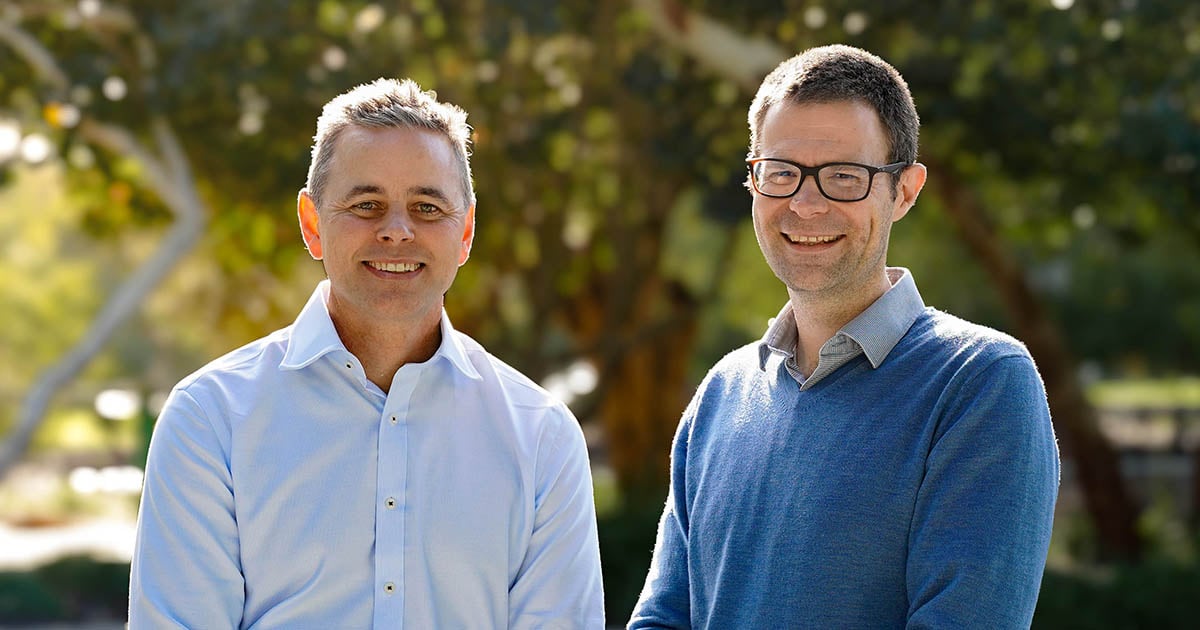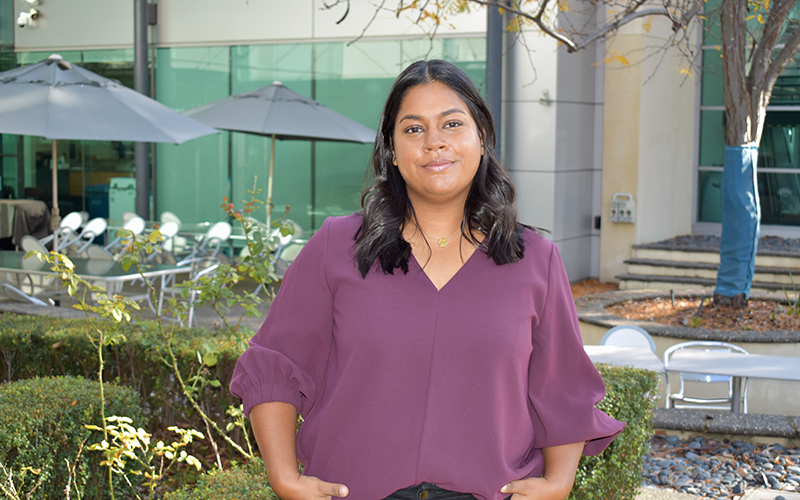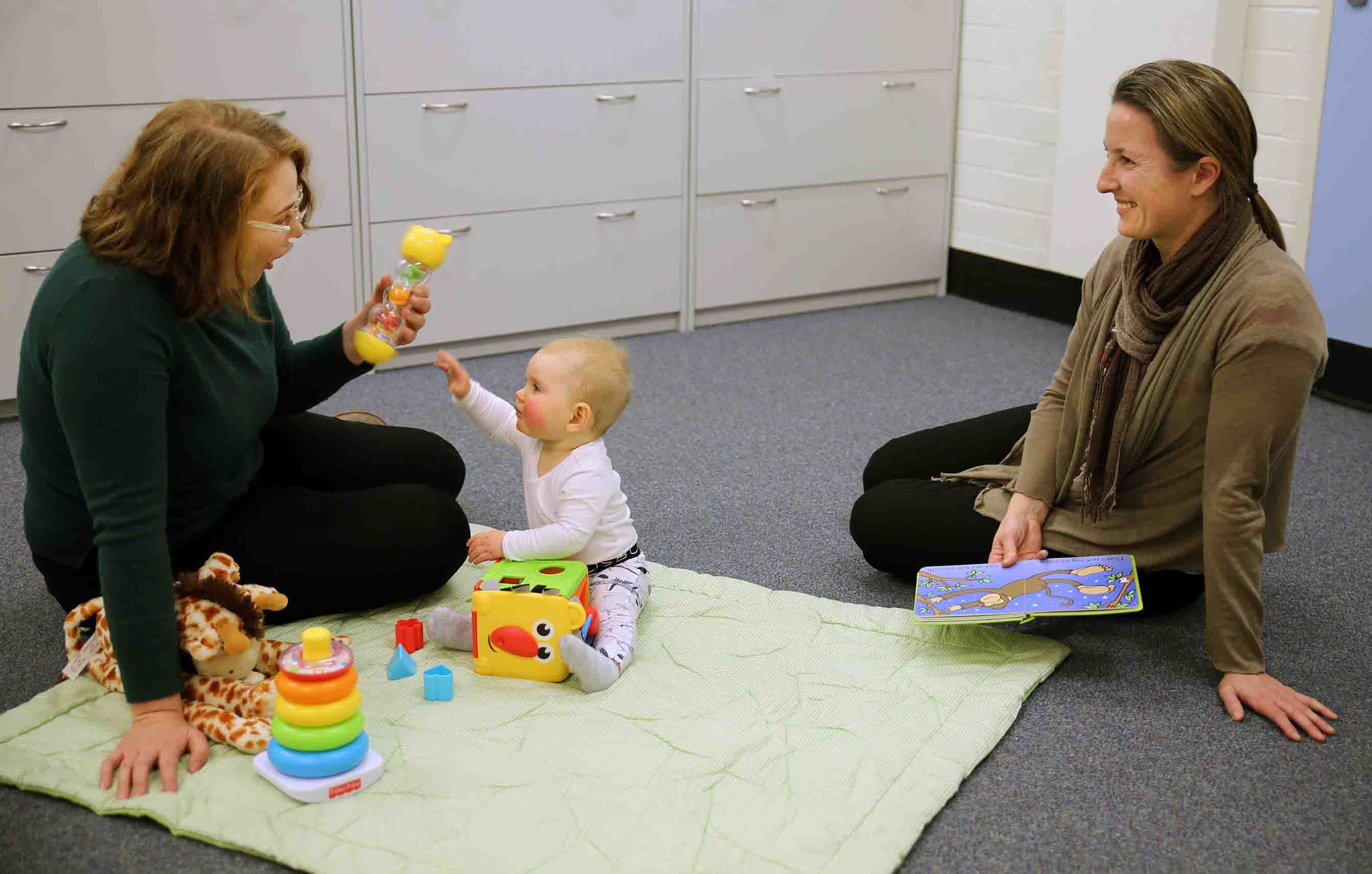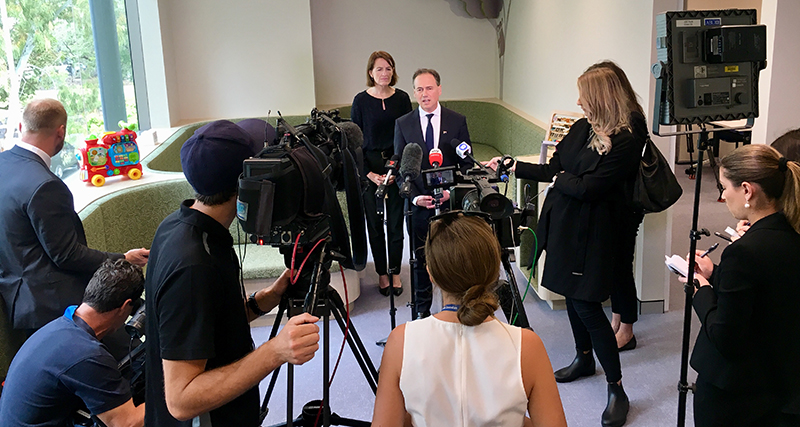Search
Showing results for "autism"
Prevalence statistics for autism spectrum disorders (ASD) vary widely across geographical boundaries. Some variation can be explained by diagnostic methods...
This study investigated whether the Communication Checklist - Adult (CC-A) could identify subtypes of social and communication dysfunction in autism probands an
We present a new analysis of Whitehouse, Maybery, and Durkin's (2006, Experiment 3) data on inner speech in children with autism (CWA).
The aims of this study were to compare the early and subsequent clinical courses of female subjects with Rett syndrome categorised by whether...
Some individuals with autism spectrum disorders (ASD) experience linguistic difficulties similar to those found in individuals with specific language...

Researchers at The Kids Research Institute Australia have pushed back against claims by US President Donald Trump linking paracetamol use during pregnancy to autism.

A co-designed digital tool to address anxiety concerns for children on the autism spectrum is set to be developed and trialled in Western Australia.

The first rigorous trial of a pre-emptive behavioural intervention for babies showing early signs of autism has found the therapy can improve early language development.

Western Australian babies and children with autism and developmental delay will be able to access world-first therapies and interventions backed by the latest research, thanks a unique clinical service developed by The Kids Research Institute Australia.
